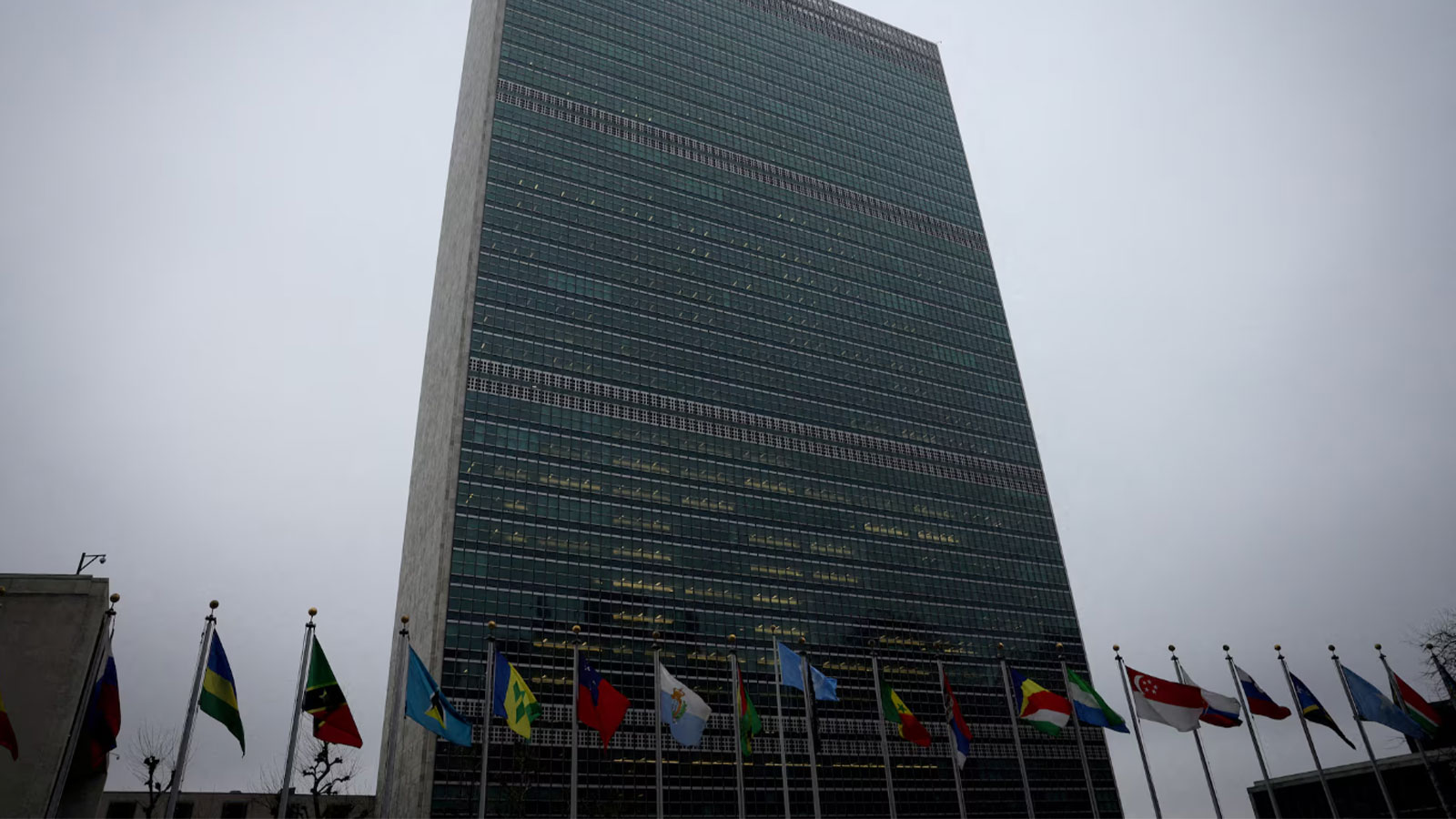By Emma Farge and Catarina Demony, Reuters —
France should repay billions of dollars in reparations to Haiti to cover a debt formerly enslaved people were forced to pay in return for recognising the island’s independence, a coalition of civil society groups said on Thursday.
The Caribbean island became the first in the region to win its independence in 1804 after a revolt by enslaved people. But in a move that many Haitians blame for two centuries of turmoil, France later imposed harsh reparations for lost income and that debt was only fully repaid in 1947.
The group of around 20 non-governmental organisations currently in Geneva for a U.N. Permanent Forum on People of African Descent (PFPAD) are seeking a new independent commission to oversee the restitution of the debt, which they refer to as a ransom.
They say the money should go to public works in Haiti where a transition council was installed this month in an effort to restore security after a period of devastating violence by armed groups.
“What’s important is that it’s time that France recognises this and we move forward,” Monique Clesca, a Haitian civil society activist who is coordinating the efforts, told Reuters.
The French Foreign Ministry did not immediately respond to a request for comment. France, whose development agency has given hundreds of millions of dollars to Haiti, has previously referred to a “moral debt” owed to Haiti.
The amount paid to France is disputed by historians although the New York Times, opens new tab estimated Haiti’s loss at $21 billion. The proposal’s backers say the amount is much higher.
“It’s $21 billion plus 200 years of interest that France has enjoyed so we’re talking more like $150 billion, $200 billion or more,” said Jemima Pierre, professor of Global Race at the University of British Columbia.
Clesca said she hoped the recommendation and others would be part of the U.N. forum’s conclusions due Friday. Last year, the PFPAD suggested that a tribunal should be formed to address reparations for slavery.
The campaign for paying reparations or making other amends for slavery has a long history and has been gaining momentum worldwide.
Reporting by Emma Farge in Geneva and Catarina Demony in Lisbon; additional reporting by Gabriel Stargardter in Paris; Editing by Aurora Ellis
Source: Reuters


